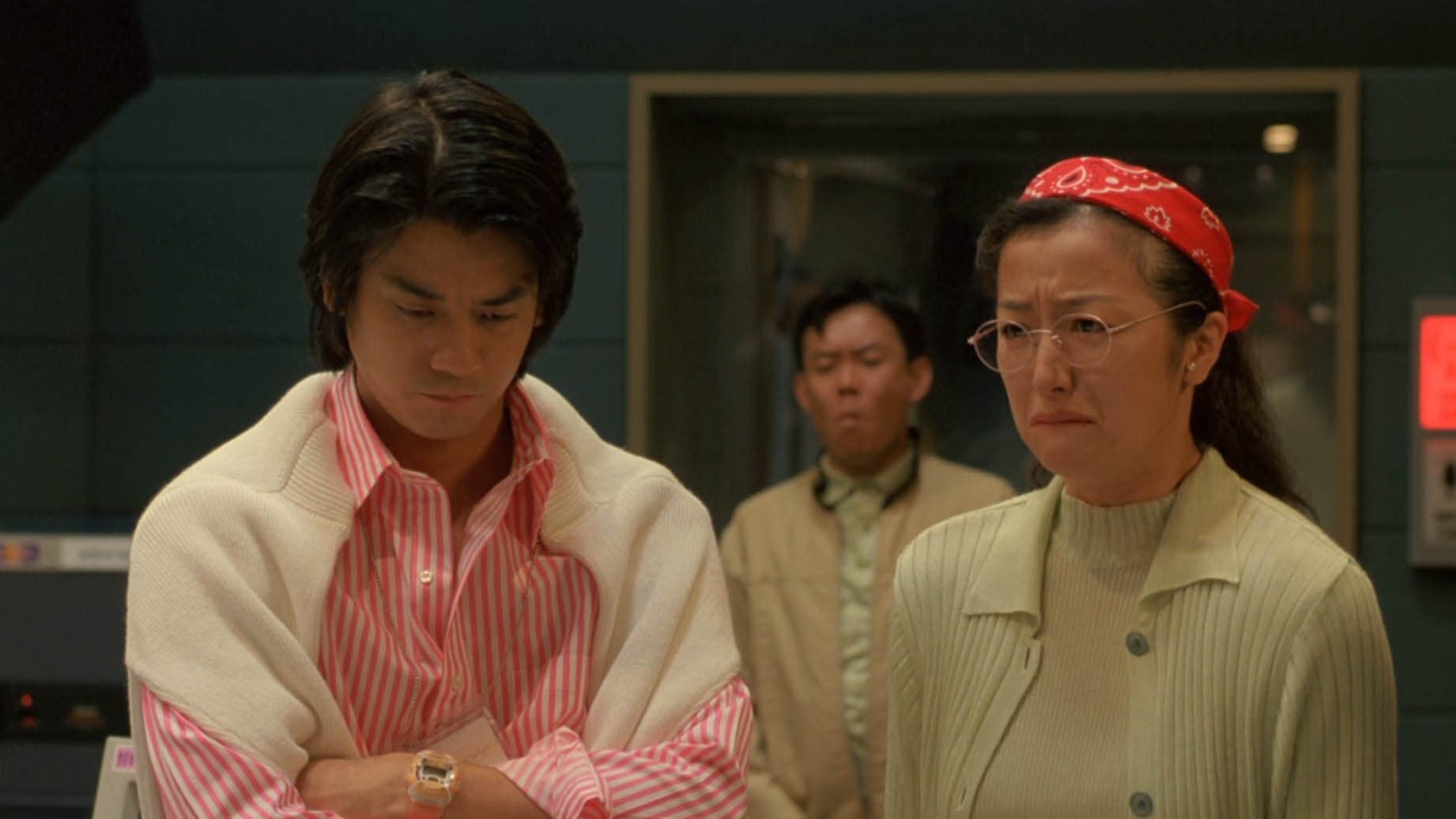
Film Reviews
By stripping away names and portraying sections of history through figurative and literal shadows, Raymond Red’s ‘Bayani’ builds an incredibly intriguing perspective that lingers beyond the textbooks and documents it lifts from.
‘Room in a Crowd’ utilizes what is essentially a collective scattering of fragmented thoughts and musings to deliver an incredibly ethereal experience.
Khavn’s new film, ‘Makamisa: Phantasm of Revenge,’ about the fragments of Jose Rizal’s work, is shot on expired film. It’s an acknowledgment of the faded, collective memory that plagues pre-war Filipino film history.
The film’s elegance cannot be disregarded, with how the ghosts of history loom by and large around its characters. ‘Cu Li Never Cries’ is almost like a faded memory, a transformed picture difficult to fully remember.
One may just be impressed to think how for a debut feature, ‘Don’t Cry Butterfly’ just seamlessly flows through everything so nicely. It’s an experience that leaves plenty to think about, whether it be in the creative decisions or the story.
‘Pierce’ hits with a flurry of blows for a story about a tense brotherhood. Its soul is laid bare, framed so disgustingly sharp that one can’t help but be glued to its madness.
‘The End’ wasn’t made to create sympathy for the ultra-rich anyway, but its direction is quite muddled and meaninglessly repetitive. It’s richly detached to a fault.
‘When Fall is Coming’ only finds itself to be treated with some care, ending up another vapid attempt in one of Ozon's many to demystify the stable French countryside.
‘Moneyslapper’s’ brand of violence gets disgusting without ever firing a bullet. It is methodical, yet reckless; straightforward, yet deep.
In satiating my curiosity about Bor Ocampo through ‘Dayang Asu,’ I’ve found a filmmaker who playfully mixes social realities with a comical and gruesome take. It’s the type of film that validates any excitement for ‘Moneyslapper.’
‘An Errand’ is not constructed kindly. It chooses to luxuriate in a loose and unbounded form with polarizing results... It is the type of film more appropriately found in the MUBI catalog, because it isn't the friendliest for most moviegoers.
In Jun Lana’s struggle to make sense of past political conditions, Your Mother’s Son becomes his definitive bomba film: mired deeply in sex, and politically dense in its delirious and lustful desires.
Pushcart Tales is the type of film that could only be possible in a film festival hosted by a supermarket chain, and it unexpectedly provides the conditions for what is Sigrid Bernardo’s best
So much of Angry Son is defined by its breadth and sincerity, and yet, the film falters for it.
What Firefly speaks well to its audience is a form of sincere storytelling that fully evokes the ageless feeling of adventure.
For a piece of history that, outside of the academe, is not discussed in depth, the film treats its audience to a story accentuated by convincing production design and great performances from its ensemble cast, titular trio aside.
Essential Truths of the Lake finds Lav Diaz revisiting moments that are undoubtedly familiar. It’s a story that has been previously presented in more striking fashion, but its present iteration is still an adventure worth diving into.
Though unrefined in some aspects, 12 Weeks still finds itself to be a fascinating debut from Anna Matutina.
Even if one finds difficulty in the film’s individual plotlines, Plan 75 snakes around these at least with frames and shots that outline the loss of personal grief and humanity that come with the titular program.
Lav Diaz’s return to film sees one of his grimiest, darkest creations in When The Waves Are Gone, an absurdist presentation of the decay of man and masculinity early in the Duterte regime.
If anything, Ajoomma works in the same way most other K-dramas work: family. Every plot point in this film revolves around the importance of it and the ways it changes dynamically, yet always having love remain in spite of everything.
At its core, Itim bedazzles its audience with an ethereal approach to storytelling. Much of it is quite moody and even beautiful in spite of its darkness. The way it couples together elements to examine the forsaken and the damned, the horrifying and sometimes disturbing treatment of different imagery, they all manifest a film that proves how excellent and seminal Itim is as a debut film in a legendary filmmaker’s catalogue.
This year’s QCShorts certainly felt refreshing, in that the range of creativity espoused across all films in question reveals a creative pool of talent that is clearly present in today’s Philippine cinema. Ideas fresh and familiar, unique and exciting, they all come to play for this year’s roster of short films.
Despite the array of searing performances from its cast, Elehiya does nothing to stem the confusion that comes from vaguely dissecting a spiritually-charged island and its colonially-subdued inhabitants.
July Jung’s exposé of such a rat race is interesting, in that it identifies a dimension of South Korean culture not often expressed in detail, much less the unfairly competitive system built on corruption, crab mentality, and ruthlessness of working-class labor. If only Next Sohee could consistently find itself crawling out of such a tepid structure, which makes it feel too repetitive despite the emotionally devastating walls it puts up.
All in all, “The Moises Padilla Story” is one of the most engaging experiences from the 60s. It’s a film whose propagandist and political elements with a mastery of fundamentals, creating something riveting and enchanting only boggled by external imperfections.
Familiar tropes and sentiments cloud Prime Cruz's latest work, but despite its imitations and self-awareness, "Ngayon Kaya" is still capable of hitting its audience in spots and moments.
“Boundary” finds itself toeing the line between right and wrong, expertly weaving between figures whose righteousness is easily questioned thanks to great pacing rarely seen from the genre.
“Ang Kababaihan ng Malolos” is clearly and consciously well-informed of the details, but struggles in imprinting itself well to the audience.
Beyond family and ethnicity, “Tanabata’s Wife” is a delicate attempt to find human nature in the flawed complexities of two vastly different characters.
TV And Film Features
With this year’s Black Beret showcase, it’s easy to find some type of excitement in the ways that the scene could grow in the future. Not often does a showcase like this teach the collaborative nature of filmmaking, especially in expressing ideas on an artistic level like a short.
In light of the Manila Metropolitan Theater’s recent reopening, Jay of the Editorial Board takes a trip to the cultural space and shares his thoughts of being inside and watching a film there.




































